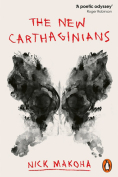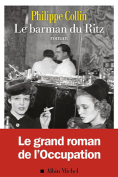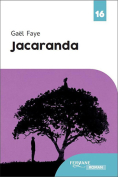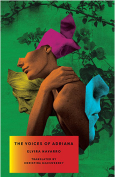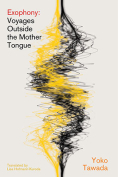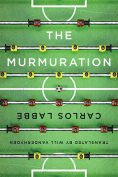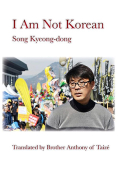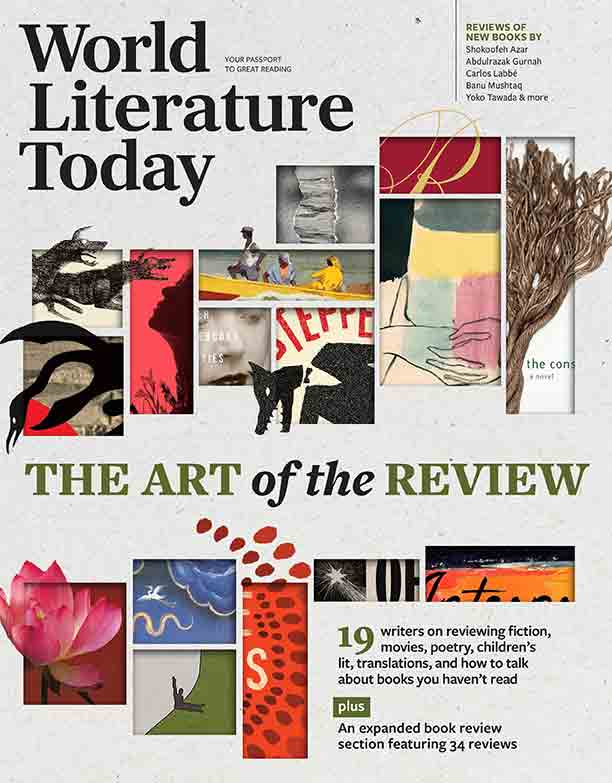The Voices of Adriana by Elvira Navarro
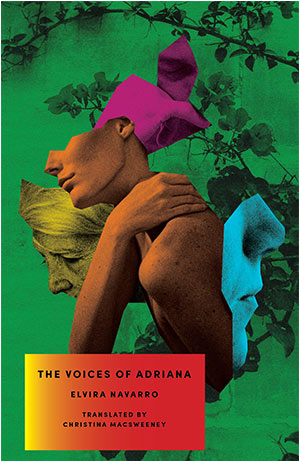
San Francisco. Two Lines Press. 2025. 178 pages.
The reach and rustle of voice is inescapable, as it should be. The question is, How many voices temper personal and worldviews as the multitudes warp-speed across cyberspace and throughout real and imagined life? And what of the battling voices in our heads? These questions and the question of sanity permeate The Voices of Adriana. Divided into three sections, each with minichapters or narratives, the novel wends its way through Adriana’s life as she struggles with Lady Death and Lady Manipulator—the death, that of her mother and maternal grandmother, and the manipulator? Who’s to say. Perhaps Adriana as the protagonist herself, as she freely confesses when attempting to scare her father into healthy habits, or by putting words into the mouths of the dead. One thing is clear: the voices rise from the past, find resonance in Adriana’s life, and may portend her future.
Anyone for whom writing fiction is “both a necessity and an escape” knows the perils and pleasures of jousting with voices that battle for attention, so after her mother’s death and her father’s stroke, Adriana travels to be with her father, only to witness his dating escapades, replete with the voices of the women he meets. “Adriana listened to them. She listened to them endlessly.” By the next section, “The House,” readers long for the structure hinted at in “The Father” section. The house in question, known to Adriana from infancy, is where she lived with her grandmother, a house whose cavernous silence gives weight to the voices of the past. In the third section of the novel, “The Voices,” we meet Adriana’s holy trinity: the grandmother, the mother, the daughter.
To ramp up the tension, there’s the mystery of the grandmother’s two brothers, killed during the war. To create a necessary escape from what her life has become—trips to visit her father and an attempt to rebuild her life in the wake of failed relationships—Adriana fictionalizes conversations with the trifecta and reimages her “daughter” self. This may hint at a narrative arc, but the gems on the page defy arc and aim, opting instead for life lessons. When her grandmother no longer recognizes her (the curse of dementia), Adriana realizes she is interchangeable with any one of her grandmother’s descendants: “Adriana seemed to perceive a truth there, we are points of confluence for everything that precedes us.”
Translation is an act of multilingualism that relies on more than fluency in multiple languages. Interpretation depends on active reading and listening, an absorption of intent laced with a rendering of what’s been held back in a liminal state or obscured by lack of knowledge. Equivalency is possible, but in Ariana’s case, far more likely is an imaginative interpretation of a sentence grabbed here or there. And she often gets it wrong, as one of the imagined voices tells her. Still, Adriana wants to “go on hearing the voices, or perhaps just wasting time, escaping from time.”
The penultimate pages in The Voices of Adriana present translation at its finest, pulling back the curtain on the dailiness of life silenced by death, circumventing its finality by making the invisible visible and giving voice to the voiceless. Navarro’s deft craftsmanship with Adriana’s voices, skillfully rendered in English by translator Christina MacSweeney, leaves readers with a tapestry whose golden threads answer the question: “Just how far do the dead travel with us?”
Catherine Parnell
Boston
